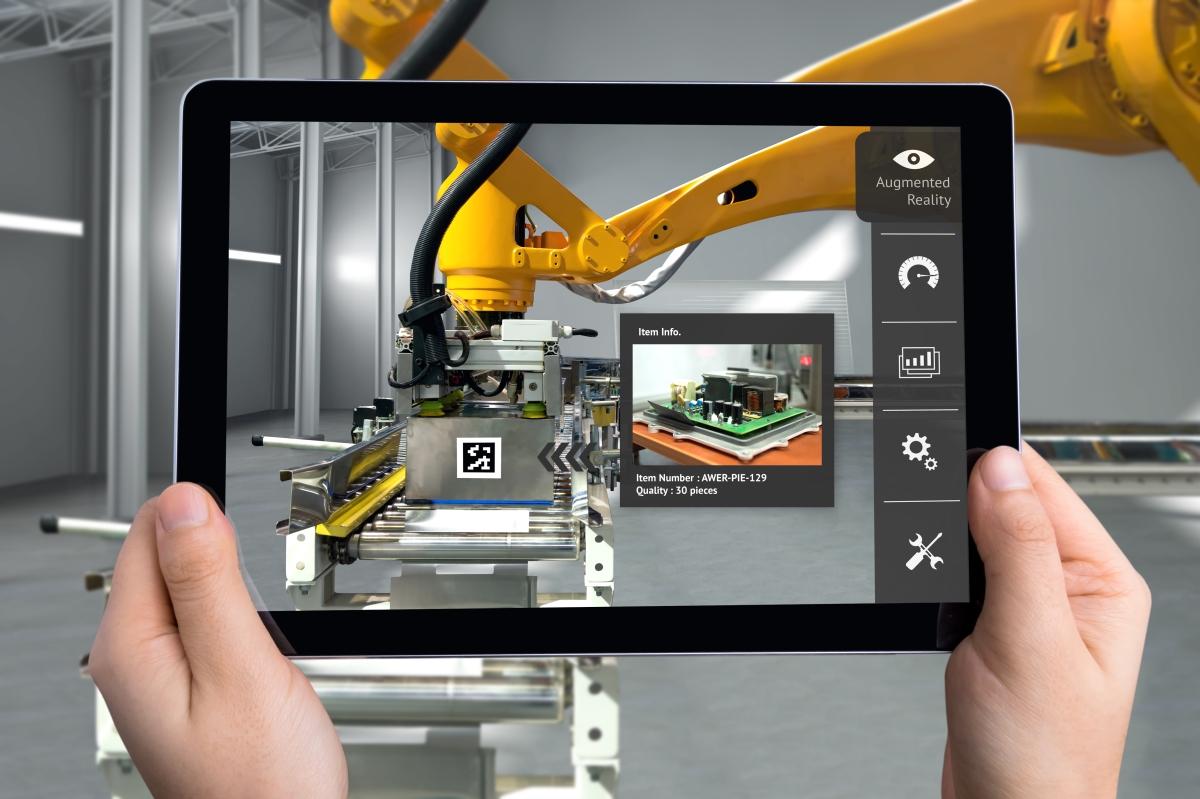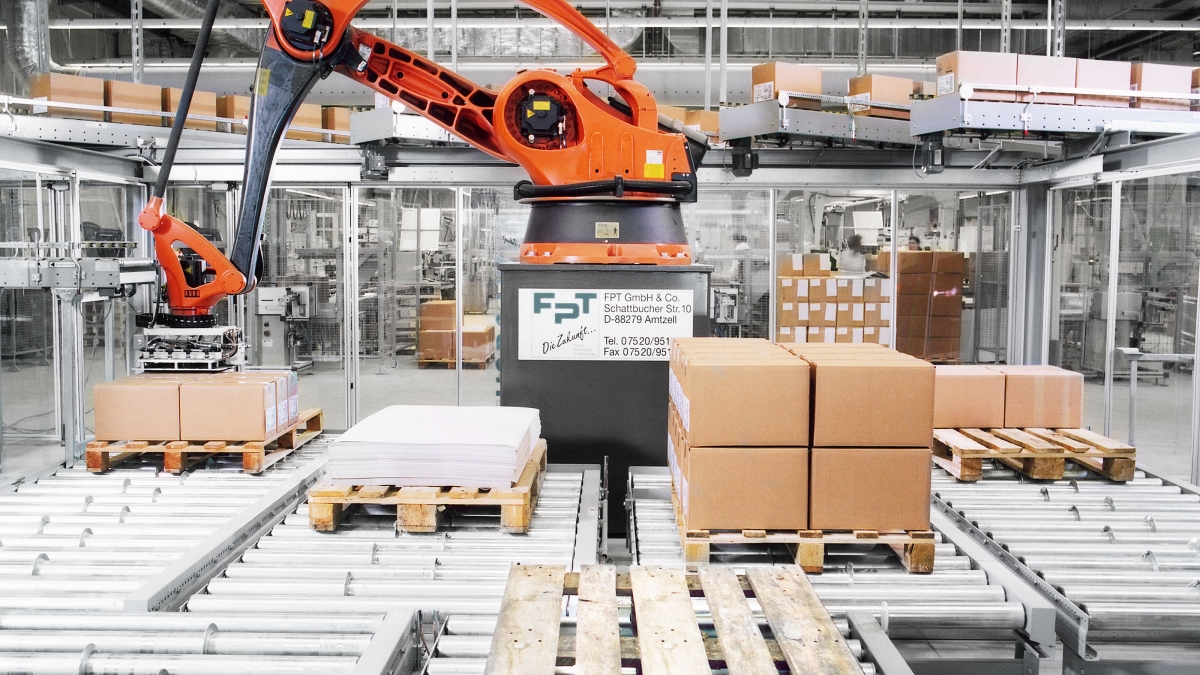Advanced Technologies
–
Operating Tools Of The Future
Supply chain networks are radically transforming due to the increased application of advanced technologies. In a rapidly changing business terrain, many companies still struggle to properly apply foundational technologies such as mobile, cloud and analytics. Meanwhile, industry leaders are building a competitive advantage by strategically exploring, deploying and scaling the operating tools and platforms of the future.
Companies can no longer wait to adopt proven innovations. Increasingly demanding customers and an interconnected set of exponential technologies are colliding to accelerate the pace, scope and expectations of supply chain transformation. Those who fail to proactively innovate their supply chain using advanced technologies will quickly be displaced and find it very difficult to recover.
Advanced technologies will augment decision making, streamline operations and automate processes across entire supply networks. All companies must digitize and connect their supply chain to improve fulfillment, drive efficiency and become more flexible. However, the current wave of advanced technologies will require and unlock entirely new operating models. Below is a core list of 7 advanced technologies that companies must master:
- Artificial Intelligence – With AI, companies can analyze massive data sets to identify patterns or anomalies, automate processes or operational areas, take predictive actions, generate actionable insights and rapidly evolve solutions based on real-time, network wide information. This will unlock human creativity and transform decision making.
- Augmented & Virtual Reality – With AR & VR, companies can enhance a wide range of activities such as warehouse picking and packing, delivery loading and unloading, employee training and warehouse/container layouts. More engaging, immersive experiences will drive higher acquisition and retention of customers and employees.
- Blockchain – With blockchain, companies will realize unprecedented visibility and trust, especially in complex global supply chains. This will reduce information and financial friction, optimize inventory levels and improve product quality. Pairing a shared database with smart contracts will drive widespread activity automation across supply networks.
- Internet of Things (IoT) – With IoT, companies will have real-time tracking to the pallet, case or package level, and an explosion of data from devices and sensors across machines, vehicles and infrastructure. Savvy companies will maximize asset utilization, transform operating models, better understand customers and enhance service levels.
- Autonomous Vehicles – With AVs, companies will realize hyper-efficient and dynamic inbound/last-mile transportation plus warehousing and large-scale yard/lot operations. They will enhance sustainability, avoid accidents and optimize time-in-transit. Reducing or eliminating the drive role will also radically reduce operating costs.
- Drones – With drones, companies will perform automated inventory counts on a more regular and cost-effective basis, better track assets in the yard, and open new delivery options for hard to reach or congested locations such as cargo ships and rural communities. As weight limits rise to a metric ton or more, drones will reshape logistics.
- Robots – With robots, companies will reduce labor costs, task time and error rates for routine activities. Advanced companies will automate entire warehouses and pair them with artificial intelligence to unlock mass customization. This will radically alter the labor force, including more roles for women and a focus on technology skills development.
Companies that wish to lead in the future must take immediate action and strategically explore deployment of advanced technologies. First, they should analyze their industry and extended supply chain to identify the most relevant and disruptive technologies. Next, they should collaborate with their partners and customers to create an integrated technology development roadmap for the entire supply network. With a clear understanding of what they need to accomplish, they can then build the necessary capabilities and teams to ensure success.
View our services to see how GoodOps can help you build a competitive advantage by integrating advanced technologies across your supply chain network. Or send us an email at info@goodops.co to get started today.



